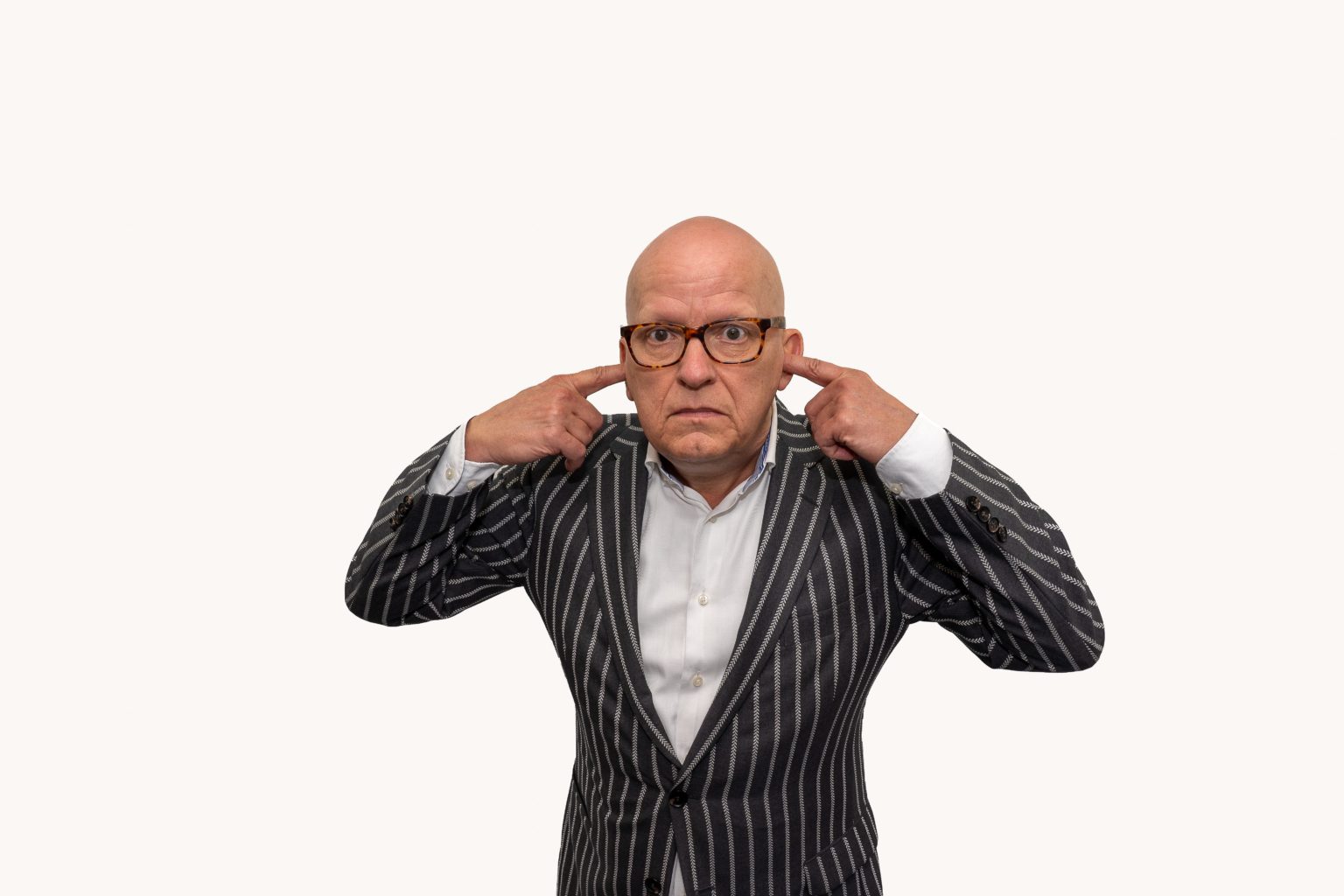On the subject of word aversion…
Growing up, many of us would cringe at the sound of chalk scraping across the blackboard and then, years later, we might have given the occasional side-eye at the loud chewer seated across the table. The hum of a radiator, clanking silverware or screeching brakes, while indifferent or perfectly tolerable for some folks, could trigger strong emotions in others. Though some of those sound-borne irritations could sit quietly under a wider umbrella of sensory processing disorders, they could also be more specifically connected to misophonia, a mental condition where someone may be affected emotionally by common sounds.
We are, of course, no stranger to aversion, as we encounter various levels of emotional responses to stimuli, whether through conditioning or learnt behaviors. Another frequently encountered one is “food aversion” often connected with pregnancy, anorexia, etc. As we go through life, we develop or discover our pet peeves as well as things that trigger very strong reactions in us. In some cases, we seek resolution, compliance or even treatment; for example, chromophobia, or color aversion, is often treated with repeated exposure, hypnosis, or cognitive behavioral therapy (CBT).
In language studies, logomisia (having its roots in the Greek language: “logos” for speach and “misia” for hatred) is a term we use to describe a strong dislike for a particular word (or type of word). This “ick” factor can be based on the sound, meaning, or usage of the word as well as associations with it. We often refer to this reaction as “word aversion”.
You could say that the distaste in many cases is irrational, and it’s often experienced regardless of the meaning of the word or the way it is used grammatically. According to American linguist Mark Yoffe Liberman, the phenomenon is not even based on whether the word in question is felt to be over-used or redundant or trendy or non-standard, but simply because the word itself somehow feels unpleasant or even disgusting. On the other hand, some online surveys on likeable and unlikeable words have pointed to “whatever”, “nice”, and “awesome”, featuring among the least favorite, earning their spot clearly due to overuse.
With “moist” topping the charts of the most hated words for many years in a row, there is often discussion of how the internet has shored up this ongoing war against this inescapable adjective (nobody is googling how to keep cake “dry”). When word-hatred goes viral online, people chime in to agree that this is indeed a most loathsome word and recipe columns should do away with it. How dare they give us instructions on how to retain humidity in our confections! On the other hand, people report not liking this word’s counterparts in both Spanish and German. So, is it the connotation after all?

In other cases, certain consonant clusters or some diphthongs like “oi” help in making certain words unpopular. This phenomenon would certainly account for “moist” being followed by “ointment” in many online compilations (despite the absence of “hoist” and “joist” in those lists). Back-to-back consonants that are difficult to say – in this case “gm” – in addition to its meaning, reserve a spot for “phlegm” on this list.
Wall Street language columnist Ben Zimmer reports that among terms that are considered feel-good, it is interesting to see that the winning combination of enjoyable sound and sense found in the high-ranking “serendipity” is also identified in words such as “pulchritude”, “eclectic” and “perspicacious”.
The ickiness factor often stems from words associated phonetically or in meaning with slimy substances, bodily discharge, intimacy, or sexual intercourse. An example of common reactions to “pulp” is traced to its texture as this is a reaction heavily informed by sensory experience. However, listeners’ input can vary widely and there seems to be an inconsistency in response to certain words among men and women. In fact, in a New Yorker’s 2012 article about which word should be eliminated from the English dictionary, it was mostly women who voted for “moist” (spoiler alert: it won again). In a separate New Yorker article, Matt Buchanan made a case for the word “pivot” and how it should at least be banned from use by Silicon Valley executives. Of course, that was a case made for overuse, trendiness and an association with mistrust. Surely, the power of association cannot be overstressed. A lexical neighborhood of aversive words is sometimes enough to land a word at the bottom of our go-to-language.
British comedy troupe Monty Python often joked about the use and selection of language in episodes of Monty Python’s Flying Circus and did famously consider “gorn” to be a very “woody” word. They certainly were ones to mess around with the feelings words and sounds evoked!
In any case, it is quite interesting to observe this phenomenon in our exchanges and in ourselves. If we don’t narrow it down to dependency on social interactions and media coverage, then, the case of independently arriving to common trigger-words is fascinating and worth an analysis over coffee with friends. Just be careful how you describe the cake you might be serving with that cup of joe…
Written by Emily Yerolatsiti, LTES Senior Academic Coordinator








